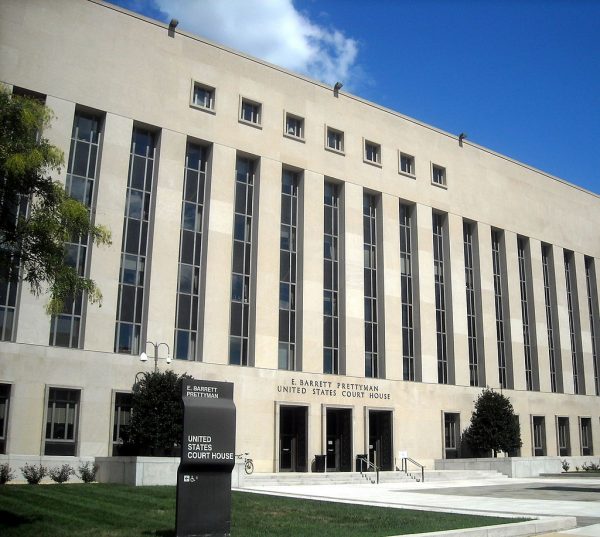
- Details
- By Native News Online Staff
WASHINGTON — Five federally recognized tribes, including the country’s largest tribal nation, have joined a federal lawsuit to block the Treasury Dept. from distributing federal relief funds to Alaska Native Corporations, according to a court filing yesterday.
The five tribes represent nearly 330,000 tribal citizens from the states of Arizona, Utah, New Mexico, Washington, and California. They joined six other tribes that filed the initial lawsuit last week and, on Monday morning, followed it by filing for a temporary restraining order and preliminary injunction.
The tribes joining the lawsuit include the Quinault Indian Nation (Wash.), the Pueblo of Picuris (N.M.), the Elk Valley Rancheria (Calif.), the San Carlos Apache Tribe (Ariz.) and the Navajo Nation (multiple states). With 309,000 tribal members, Navajo Nation is the country’s largest American Indian tribe.
In an amended filing yesterday with the U.S. District Court for the District of Columbia, the tribes asked the court to exclude Alaska Native regional corporations and Alaska Native village corporations from allocating and distributing any of the more $8 billion available to tribes under the Coronavirus Aid, Relief, and Economic Security (CARES) Act. The lawsuit asks that the court direct Secretary Treasury Steven Mnuchin to disburse the funds only to federally recognized Tribal governments no later than April 26.
The tribes argue that allocating funds to Alaska corporations would reduce aid available to federally recognized tribal governments, which desperately need the funding to provide essential governmental services and to safeguard the public health and welfare in their communities.
A hearing on the motion has been set for the afternoon of Thursday, April 23, according to court records.
In a separate court filing, a group of 12 regional and national organizations including the National Congress of American Indians (NCAI) asked the court for permission to file a brief in support of the tribes’ motion for a temporary restraining order and preliminary injunction.
More Stories Like This
Native News Weekly (August 25, 2024): D.C. BriefsNavajo Nation Mourns the Passing of Former Vice President Rex Lee Jim
Deb Haaland Earns Endorsement From Communications Workers of America Local 7076
University Soccer Standout Leads by Example
Two Native Americans Named to Democratic Congressional Campaign Committee's“Red to Blue” Program
Help us defend tribal sovereignty.
At Native News Online, our mission is rooted in telling the stories that strengthen sovereignty and uplift Indigenous voices — not just at year’s end, but every single day.
Because of your generosity last year, we were able to keep our reporters on the ground in tribal communities, at national gatherings and in the halls of Congress — covering the issues that matter most to Indian Country: sovereignty, culture, education, health and economic opportunity.
That support sustained us through a tough year in 2025. Now, as we look to the year ahead, we need your help right now to ensure warrior journalism remains strong — reporting that defends tribal sovereignty, amplifies Native truth, and holds power accountable.
 The stakes couldn't be higher. Your support keeps Native voices heard, Native stories told and Native sovereignty defended.
The stakes couldn't be higher. Your support keeps Native voices heard, Native stories told and Native sovereignty defended.
Stand with Warrior Journalism today.
Levi Rickert (Potawatomi), Editor & Publisher

